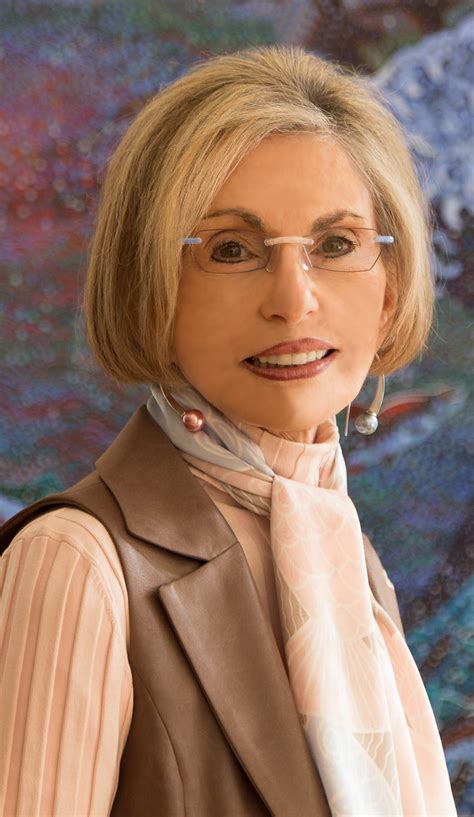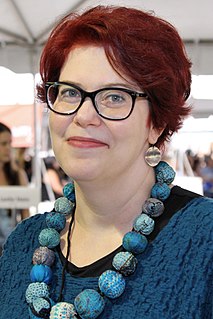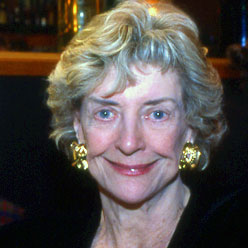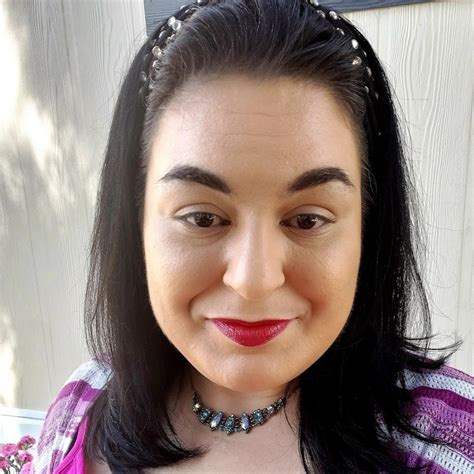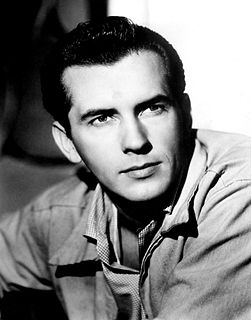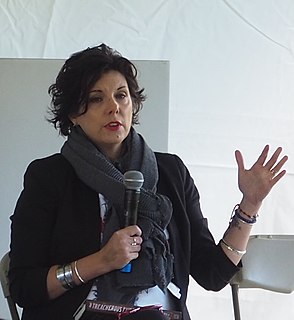A Quote by Daniel Handler
Simply put, dramatic irony is when a person makes a harmless remark, and someone else who hears it knows something that makes the remark have a different, and usually unpleasant, meaning. For instance, if you were in a restaurant and said out loud, "I can't wait to eat the veal marsala I ordered," and there were people around who knew that the veal marsala was poisoned and that you would die as soon as you took a bite, your situation would be one of dramatic irony.
Related Quotes
I would like to play some character that's somewhat dramatic. I don't see myself ever becoming that serious, or it sounds weird, but I don't see myself doing something that's really dramatic but somewhat dramatic. I would like to do something that's more real and doesn't have to be laugh out loud funny. I always like whatever I'm involved in... whether it be funny or whether it be somewhat like... I'm not gonna try to get people to really cry.
Once when we were fifteen, River (Phoenix) and I went out for this fancy dinner in Manhattan and I ordered soft-shell crabs. He left the restaurant and walked around on Park Avenue, crying. I went out and said, "I love you so much. Why?" He had such a pain that I was eating an animal, that he hadn't impressed on me what was right. I loved him for that. For his dramatic desire that we share every belief, that I be with him all the way
You almost have to step outside yourself and look at you as if you were someone else you really care about and really want to protect. Would you let someone take advantage of that person? Would you let someone use that person you really care about? Or would you speak up for them? If it was someone else you care about, you'd say something. I know you would. Okay, now put yourself back in that body. That person is you. Stand up and tell 'em, "Enough!
Memento mori - remember death! These are important words. If we kept in mind that we will soon inevitably die, our lives would be completely different. If a person knows that he will die in a half hour, he certainly will not bother doing trivial, stupid, or, especially, bad things during this half hour. Perhaps you have half a century before you die-what makes this any different from a half hour?
I like poetry, but honestly, I like dramatic literature more. If I had to pick between Rumi and Dostoevsky, I would pick Dostoevsky without even thinking about it. Ninety-nine out of 100 Iranians would probably pick Rumi. Kiarostami, too, would probably pick Rumi first. I try to have the meaning be in the action of the story, not in the symbolism. I want it to be in the action, and it's dramatic action that creates the meaning.



